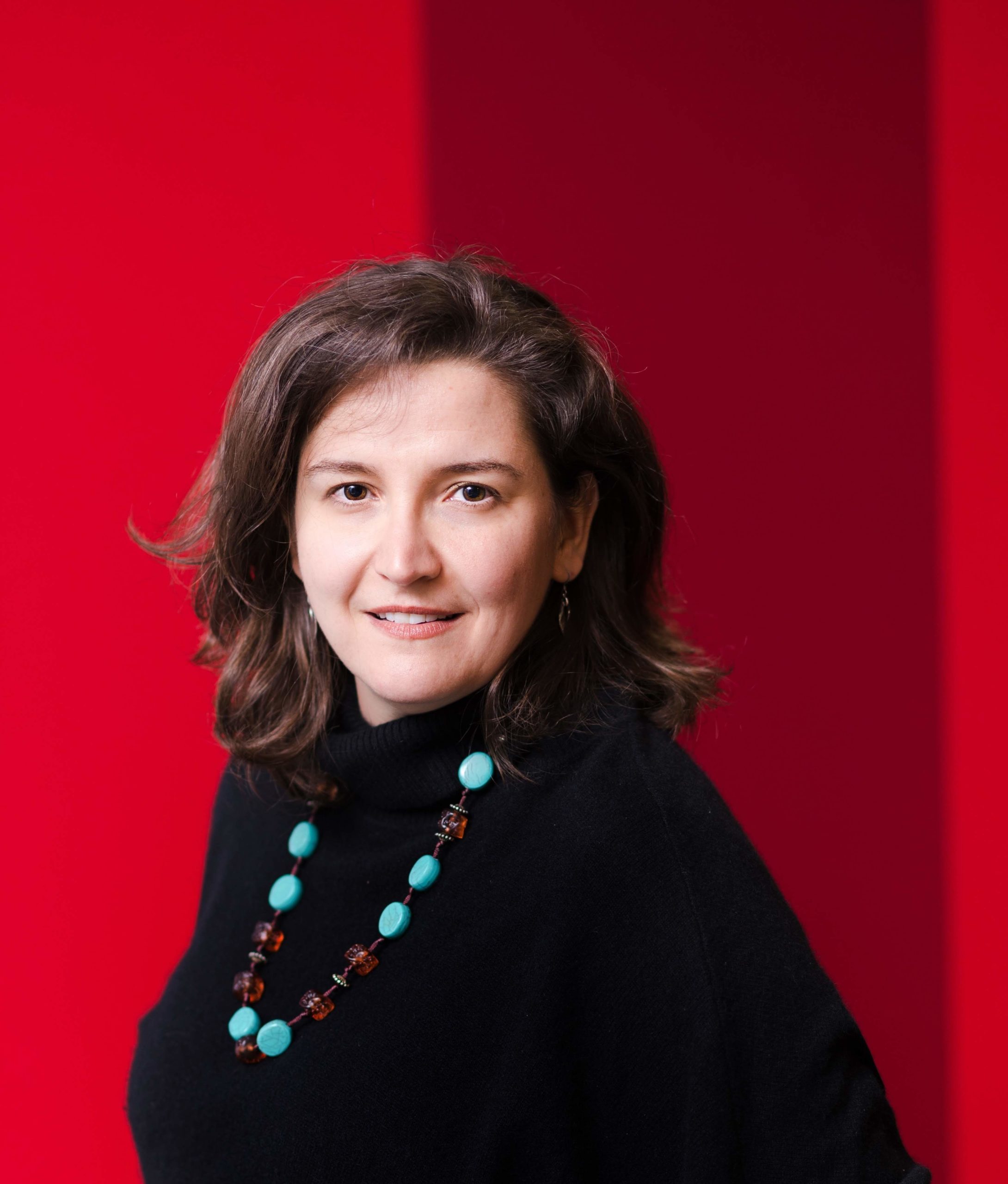Whether it’s in-person or, as was the case this year, held virtually, Fall Convocation is a celebration of our graduating students’ hard work, talents and determination. In honour of this special day, the Reporter interviewed three particularly outstanding new grads, as chosen by the Deans of their Faculties. In the second installment of the series, we feature Karla Sayegh, who graduated from the Desautels Faculty of Management with a PhD in Strategy and Organization.

What is your hometown?
Beirut, Lebanon
Why did you choose McGill?
I wanted to pursue a PhD so I was drawn to the research program and reputation of the individual who eventually became my supervisor. In addition, my two children were very young and Montreal offered subsidized childcare and a great quality of life for the family.
What were some of your impressions when walking onto campus for the first time?
I was struck by the people, both staff and students. They all seemed to be smiling and approachable (despite the cold weather!). Prior to McGill, I had trained at Ivy League institutions in the US and while their campus architectures were humbling, the “vibe” didn’t quite compare with McGill’s.
What are some of the highlights of your time as a McGill student?
Taking my kids to the Redpath Museum and Thompson House, working at the library with my colleagues, engaging in academic debate during seminars, welcoming international PhD students on exchange visits, going out with the DDSS (Desautels Doctoral Student Society) for dinners and outings to discover Montreal – the list can go on.
Three favourite places on McGill/Mac campus?
Thompson House, Redpath Museum, and Redpath Terrace.
What were some of the biggest challenges you faced during your time here and how did you overcome them?
Pursuing a PhD as a mother of two young children was the single most challenging undertaking of my life. I was always (and still am!) managing feelings of guilt. When I was at the office (and I worked long hours), I felt guilty for not being with my children. When with my children, I felt guilty for not moving my papers forward fast enough. What helped a great deal is my supportive partner. My husband, Steve, encouraged and took pride in my aspirations and accomplishments but reminded me when the balance tipped too far in favour of work. In response to that, I attempted to structure protected family time into every day – a small window where I was not allowed to think about work and to just be present with the family. When you work in the realm of ideas, it’s harder to keep “regular hours” (even if they are extended), to the detriment of family life. I find myself always thinking about my research and never knowing when that creative leap is going to come. So these “protected windows” helped me a great deal.
The second—the bitter cold! Invest in a warm winter coat!
What’s next for you, both short and long term?
I am currently on the research faculty at the University of Cambridge, Judge Business School. I hope to develop my career as a scholar of technology, organization and healthcare.
Who or what will you miss most?
I’ll definitely miss my close personal friends in Montreal and the long hours spent laughing, seeking advice, bouncing ideas, debating meaningful issues and pondering the meaning of life.
What advice do you have for new students to McGill?
For PhD students: get out of your offices and develop friendships with colleagues early on. A PhD can be a very solitary endeavor and we humans are social creatures. So connect through seminars and support one another both academically and personally. Solid friendships will shape your experience in the best of ways.
What are your plans for virtual convocation?
Tuning in from the UK followed by a small celebratory dinner with the family.
What was your experience with the pandemic? How did it impact your “homestretch” at McGill?
The lockdown didn’t change my work life very much (family interruptions aside). Unless collecting data from the field, for the most part, doctoral students sit in their offices and work in isolation, analyzing data and/or reading/writing. I had already collected my data and my thesis defense was scheduled via Zoom. So the lockdown made me hunker down and work with my co-author on a research paper remotely.
Have you been on campus at all since the spring?
We left Montreal for the UK at the end of August. I visited Desautels three days before we flew out. We still feel very nostalgic.
What are some of the biggest challenges facing the world today? How confident are you that we can address these challenges and make a difference?
There are many large-scale challenges across the globe, including poverty and inequality, war, climate change, access to potable water, rampant corruption, to name just a few. Where I hope to contribute is in the area of global healthcare management. My doctoral research examines how hospitals can organize or restructure their work in order to ensure the availability, affordability and timely provision of appropriate medical care to all segments of society. My hope is that my findings will someday inform policy on the restructuring of healthcare systems around the world.
